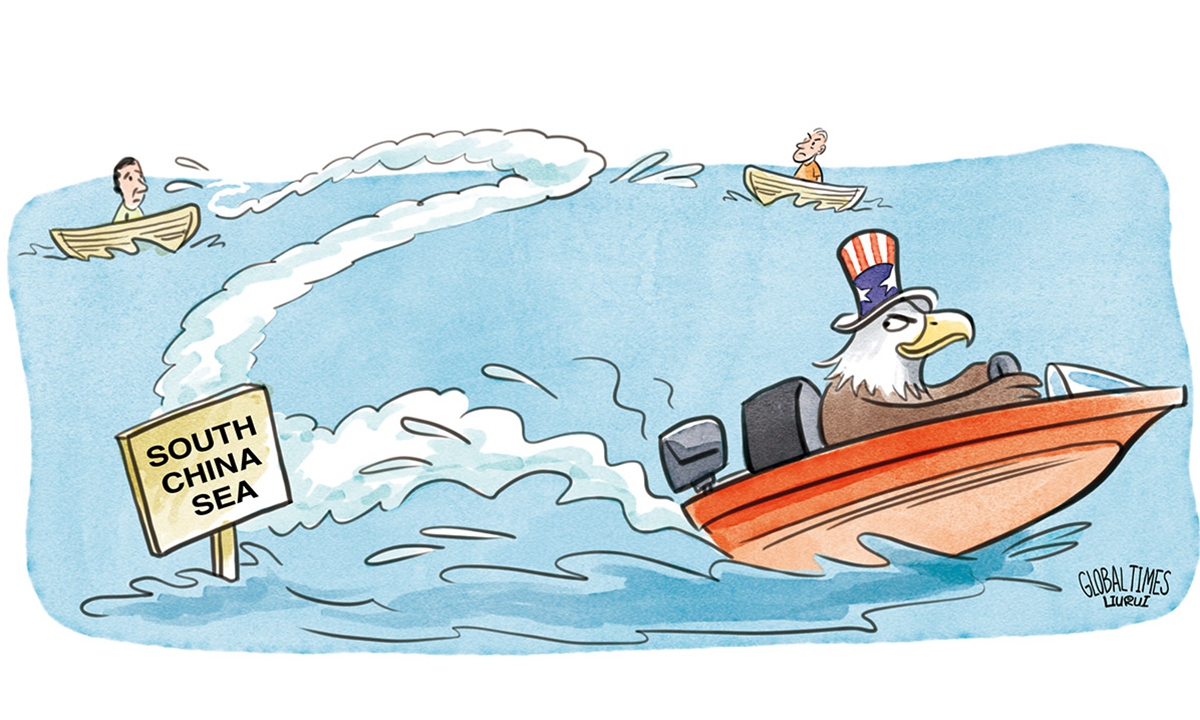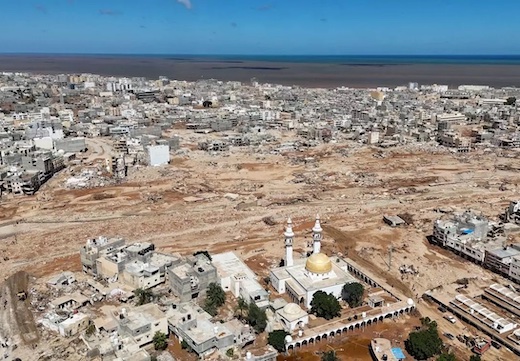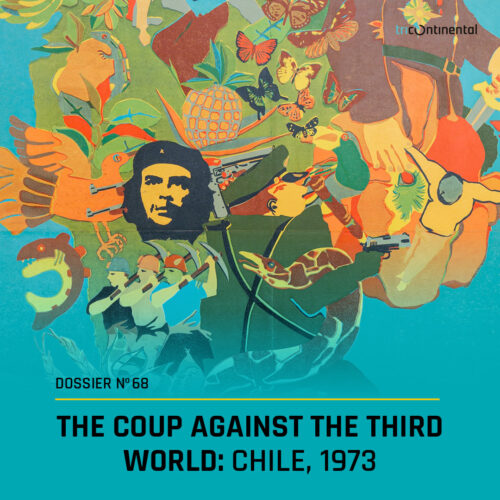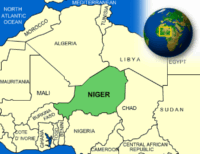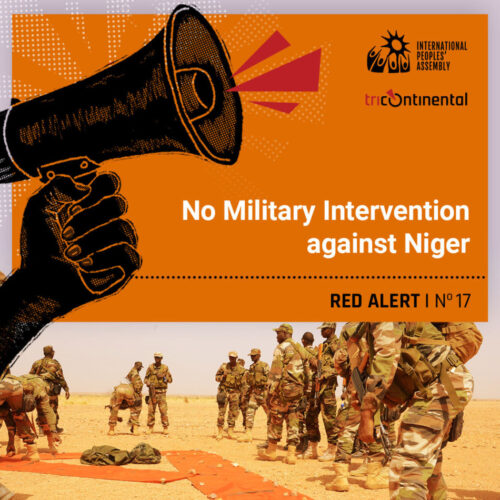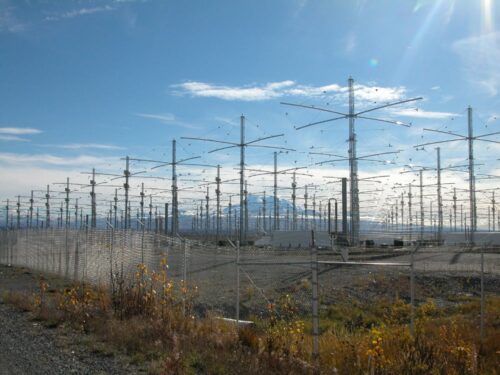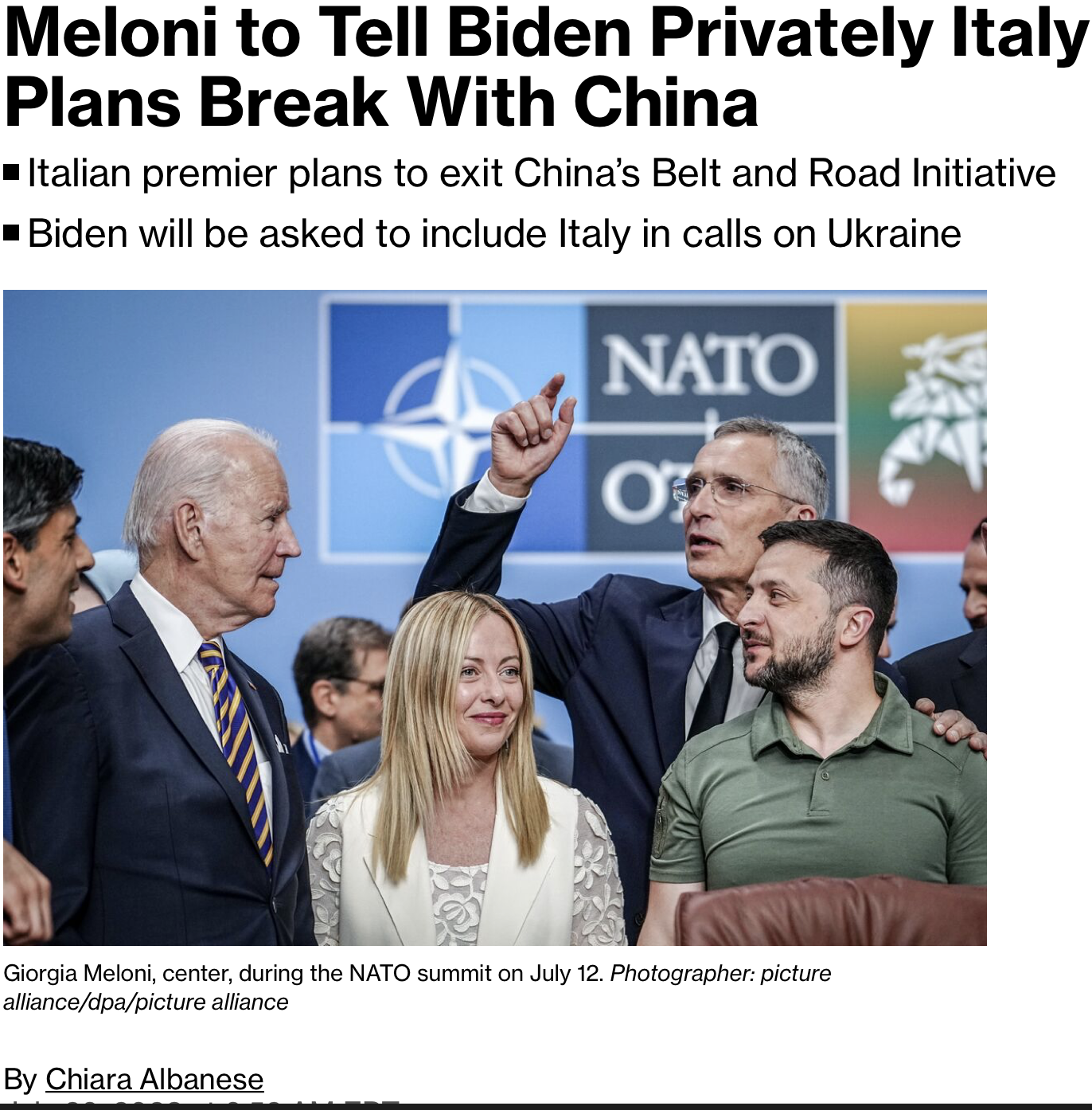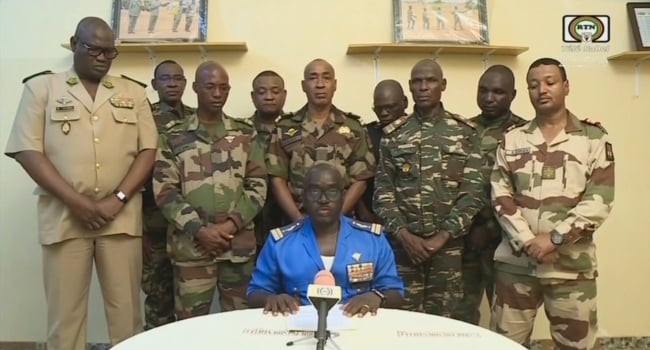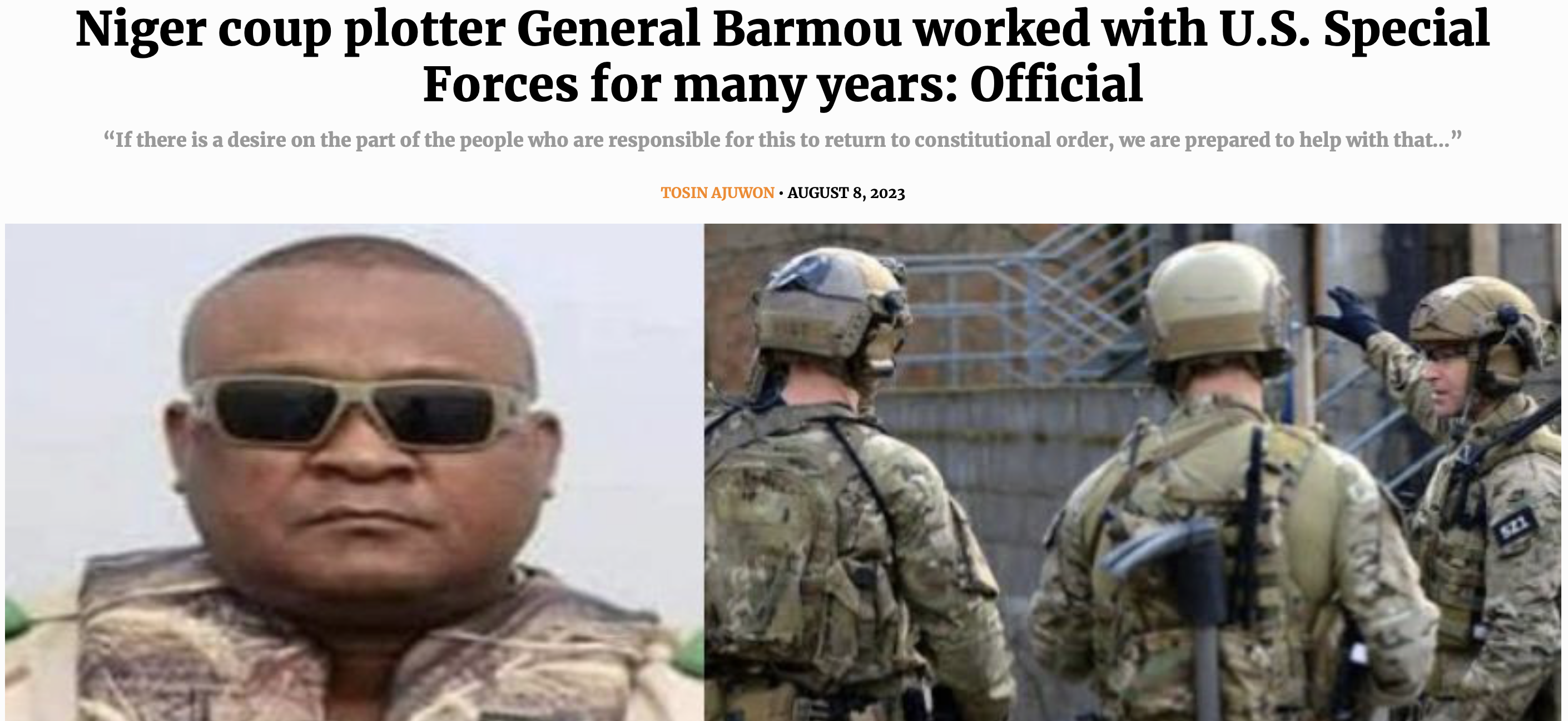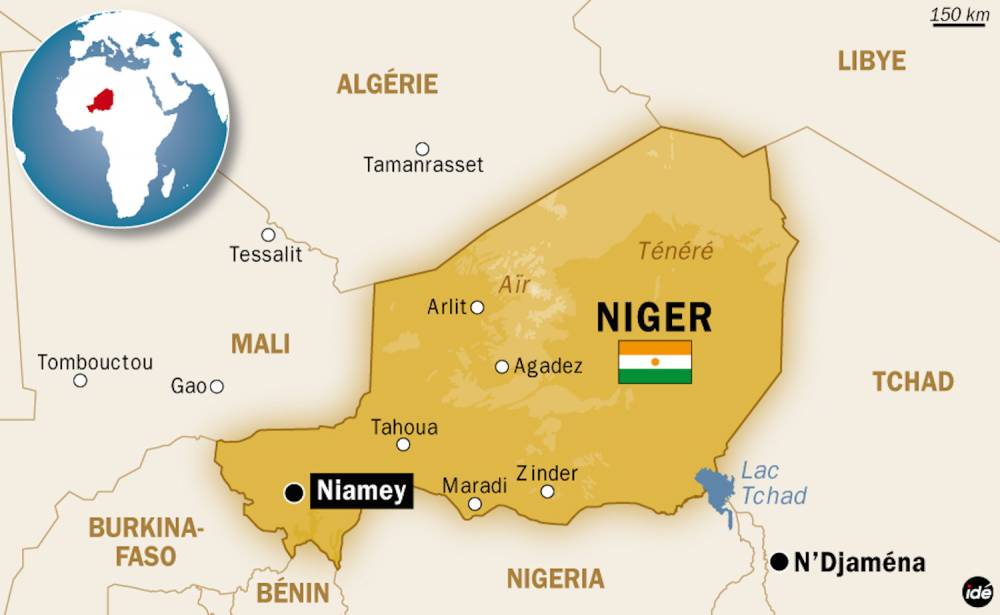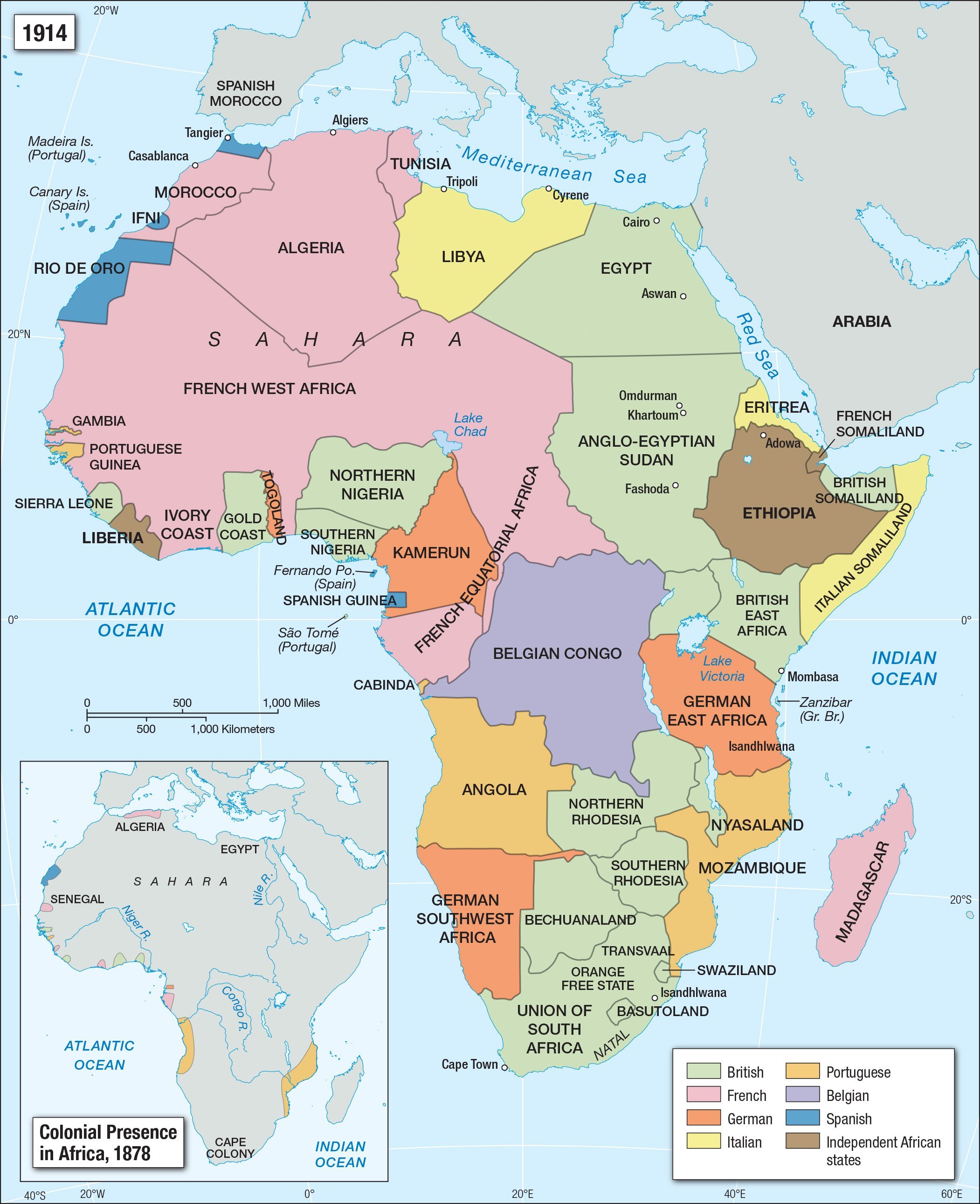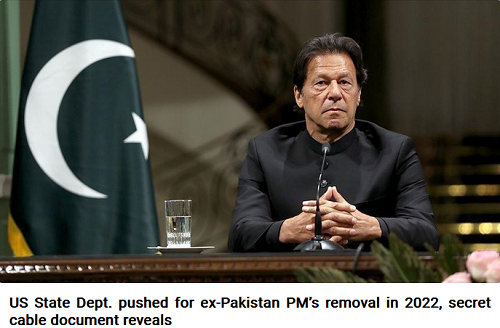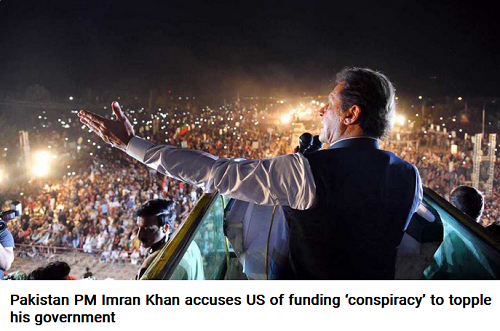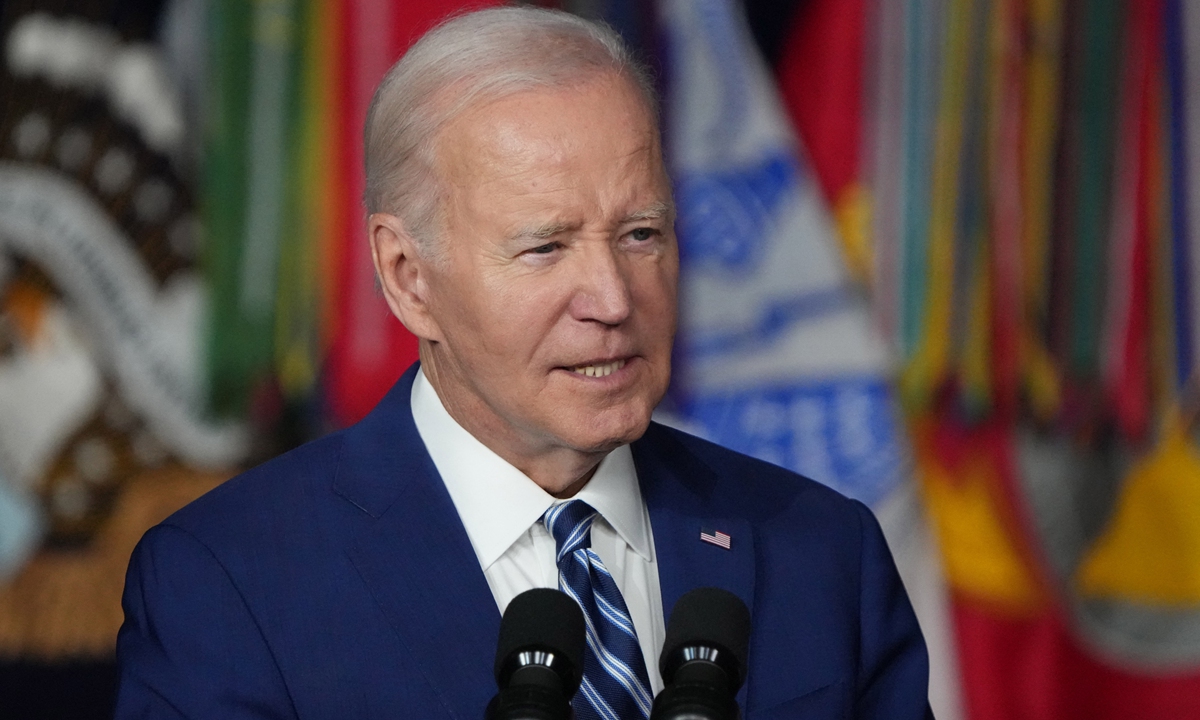 I know it’s hard to fathom, but there really was a time when “Don’t Mess with Texas” actually meant something and not just in terms of litter.
I know it’s hard to fathom, but there really was a time when “Don’t Mess with Texas” actually meant something and not just in terms of litter.
It forewarned the uninitiated of bona fide badasses, legendary contrarians, daring dreamers, and serious politicians who had no qualms about taking fatuous pretenders out behind the proverbial woodshed and beating the living or figurative shite out of them.
Sam Houston once drubbed a U.S. congressman half to death with his cane in Washington, D.C., and practically walked away scot-free. (His lawyer was Francis Scott Key!) Then, three decades later, during his second stint as governor of Texas, he jeered the Texas secession convention, refusing to swear loyalty to the Confederacy. A century later, Denison native Dwight D. Eisenhower, who served as the Supreme Commander of the Allied Forces during WWII and became a two-term U.S. president, would very bluntly throw staggering shade at the then-budding but insatiably greedy American Military Industrial Complex. JFK didn’t heed Ike’s remarks, and, though Lyndon Baines Johnson played along (to his discredit and, I think, regret), he also became the most progressive American president in history, enacting dozens of eye-popping rights, privileges, and freedoms that most Americans today take for granted. Then we traded longhorns for lambs, allowing our last real lion, Ann Richards (she had more brains and balls than Poppy or Sonny Boy Bush combined), to be ousted by Dubya’s personal “turd blossom,” Karl Rove.
Since this act of nasty debasement, a gaggle of Republican oaf-keepers have spent the last three decades reducing our great state to what we are now — an international laughingstock.
Cattle manure. Openly deranged.
Semiautomatic rifle-packing asshats.
And this was well before the dog and Ken Paxton pony fiasco.
We’re no longer seen as a great state. We’re viewed more like a Third-World banana republic (emphasis on “banana”). Texas is now a joke, an adjectival term of derision, as in “those idiots went all Texas on us” or “that stupidity is Texas-level, yo!”
For educated Americans and most of the rest of the world, Texans are synonymous with shameless cretins, imbeciles, morons, or losers. The slow, Republican-led domestic intellectual plummet and resulting international perception shift have reduced us to a superficial, xenophobic, conformist dystopia. Which sincerely sucks, because we used to be the exception, not fascist fools.
Texas produced the first female sheriff, the first all-women state Supreme Court, the first woman on the U.S. Supreme Court (Sandra Day O’Connor), the first Black woman in the U.S. House of Representatives (Barbara Jordan), and the first Chicano G.I. Joe (legendary Medal of Honor recipient Roy Benavidez). Texas was the home turf for the Civil Rights Act, the Voting Rights Act, the first Bilingual Education Act, Roe v. Wade, and dozens of landmarks that define the Great Society. Texas was even the base of operations for Madalyn Murray O’Hair and the American Atheists association and Mike Judge’s Beavis and Butthead and King of the Hill.
Texas produced Janis Joplin, Stevie Ray Vaughan, Beyonce, Selena, Freddy Fender, Katherine Anne Porter, Robert Rauschenberg, Erykah Badu, John Graves, Doug Sahm, the Butthole Surfers … hell, even Black Panther Bobby Seale is a native Texan!
The Lone Star state also produced icons of the Third Estate, including Walter Cronkite, Molly Ivins, Dan Rather, and Jim Leher.
Today, Texas politics has descended into an ignorant crescendo of conformist, party-line blowhards like Greg Abbott, John “Cornholio” Cornyn, and Ted Cooz. And Texas’ national contributions to cultural and intellectual development rise to little more than lukewarm, rustic slop jars like Chip and Joanna Gaines, Jenna Bush Hager, Kelly Clarkson, Pascal High School’s own Sheridan Taylor Gibler, Jr. (also known as Taylor Sheridan), and clueless, third-rate sophists like Alex Jones and Joe Rogan.
Lone Star icon Willie Nelson once said, “I’m from Texas, and one of the reasons I like Texas is because there’s no one in control.” And back when he said it, it was probably true. We used to be more open-minded. We were practical and believed in common sense. But Texas is no longer governed by pragmatism, assertive wit, or human decency. Texas has been reduced to a big, red, Republican Porta-Potty, where backwards wastrels launch excrement on the shithouse walls just to see what will stick under the graying, mustachioed upper lips of their, yes, deplorable constituencies and pass their hypocritical smell tests.
In 2021, the Texas Lege made abortions illegal and sexual assault rewarding, because raped women were no longer permitted to abort their vicious fecundators’ offspring. On Sep. 1, 2023, the Lege made it legal for God-bothering chaplains to serve as guidance counselors in public schools without certification or experience in classroom instruction — but, hey, they’re at least qualified to explain to prepubescent female students how Mary was made preggers without her consent and how hallowed by thy shame that turned out!
And this immaculate transgression was followed by several other lapses into priggish asininity. The feckless Lege’s new “death star” bill eliminates local civil ordinances around the state, including workplace protections and common-sense environmental regulations. Senate Bill 17 bans diversity and inclusion programs at public universities (because what’s wrong with gubernatorial incumbents gathering boner mounts at places called “Niggerhead Ranch”?). Senate Bill 19 gives the checkless Lege the power to proclaim that only college instructors who obstruct diversity and inclusion can receive tenure. House Bill 900 gives the reckless Lege expanded parameters to ban books in Texas libraries—except the Bible, of course, the reading of which will soon be required by force and policed by the new armed hall monitors the Lege is encouraging to reduce the scourge of intellectual discourse.
Don’t mess with Texas?
Heck, it’s getting so that any half-conscious dunderhead with a pulse can eat Texas for breakfast. We’re mindless buffoons walking around with Texas Lege-ratified “Kick Me” notes on our backs, wondering why everyone else is bent on making us butt-sore.
At one time, Texas may have been Willie’s sublime free-for-all. Now, it’s clearly not. One party has been running the show for too long, and its leaders and their rabid base refuse to think constructively, thrive on cultural impracticalities and historic inanity, and seem bent on making sure any semblance of conscience or enlightenment is fenced in.
Even some Texas Aggies are appalled.
The slow, anti-intellectual deluge of Red State Kool-Aid has left Jim Bob Q. Public Yellowstoned (thanks, Gibler) and the party behind everything we used to rue seems to revel in seeing the rights of anyone who isn’t straight, white, and a man’s man trod upon with impunity.
So please mess with Texas, friends.
Let’s get rid of the real trash.
This post was originally published on Dissident Voice.
